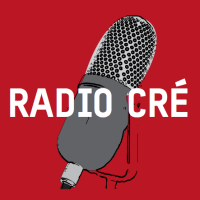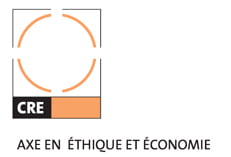
Daniel Weinstock (McGill) et Katharina Nieswandt (Concordia)
Radio-Cré vous présente les conférences de Katharina Nieswandt (Concordia) et Daniel Weinstock (Droit, McGill) captées le 7 novembre 2016 dans le cadre des 5 à 7 du Centre de recherche en éthique.
Katharina Nieswandt: « Property, Exploitation and Control »
I shall defend three theses: (1) Private property is a relevant topic for political philosophy because it systematically generates exploitation and control. (2) In order to adequately describe how private property does this, a theory of private property needs the category of means of production. (3) Contrary to widespread claims, the link between private property and control was strengthened by the introduction of the joint-stock company, not eliminated.
Along the way, we shall see why Locke’s, Hume’s and Kant’s theories of private property miss precisely that feature of private property that makes it a political topic and how Rudolf Hilferding’s 1910 analysis Finance Capital can help to refute the claim that shareholders exercise almost no control of their very own enterprise.
Vous pouvez suivre le Centre de recherche en éthique (CRÉ), la revue Les ateliers de l’éthique/The Ethics Forum et Radio Cré sur les médias sociaux:
Page Facebook CRÉ
Page Facebook AEEF
Page Facebook Radio Cré
Compte Twitter CRÉ: @centre_ethique
Compte Twitter AEEF: @ateliers_ethic
Vous pouvez également vous abonnez aux podcast de Radio CRÉ sur iTunes et SoundCloud.
![]()
Les produits sont protégés par une licence Attribution 4.0 International (CC BY 4.0).
Pour plus de détails sur cette licence, veuillez vous référer à l’adresse suivante.
Products are protected by a Attribution 4.0 International licence (CC BY 4.0).
For more details on this licence, please refer to the following address.



